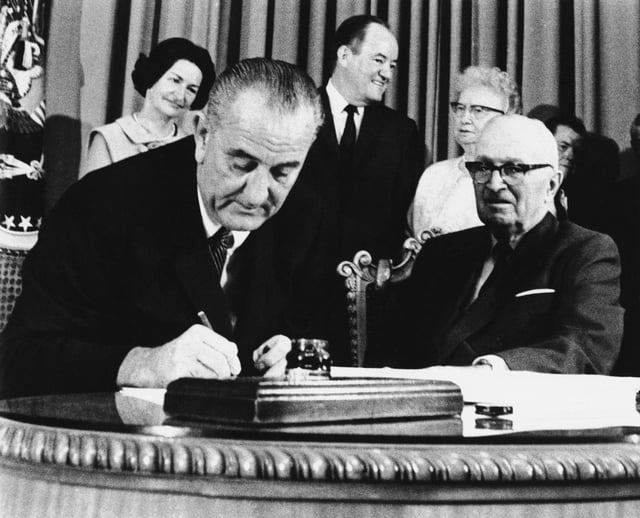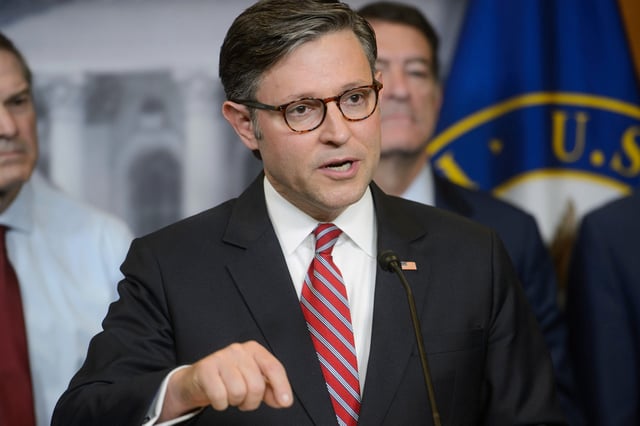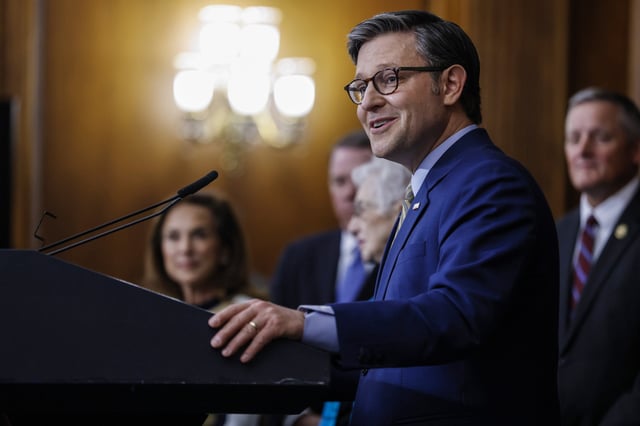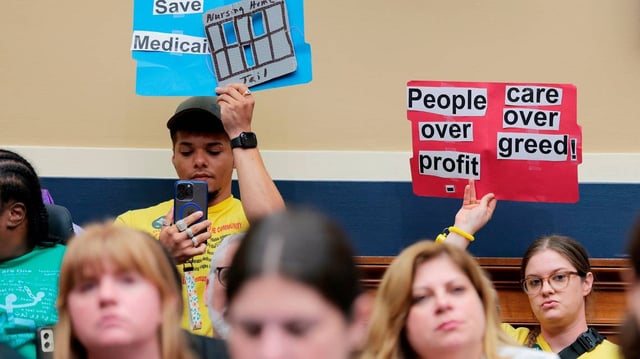Overview
- The House bill would require able-bodied enrollees without dependents to log 80 hours of work or volunteering each month to keep coverage.
- The Congressional Budget Office estimates about 1.5 million people would lose Medicaid if work requirements go national under the broader reconciliation package.
- Arkansas’s 2018 pilot saw 18,000 people disenrolled in four months largely because they could not navigate new reporting systems.
- Hospitals and clinics warn that coverage losses will raise uncompensated care, strain budgets and could force service cuts or closures.
- Supporters argue the policy enforces personal responsibility and reduces federal health spending while opponents say it harms vulnerable workers and funds tax cuts.



